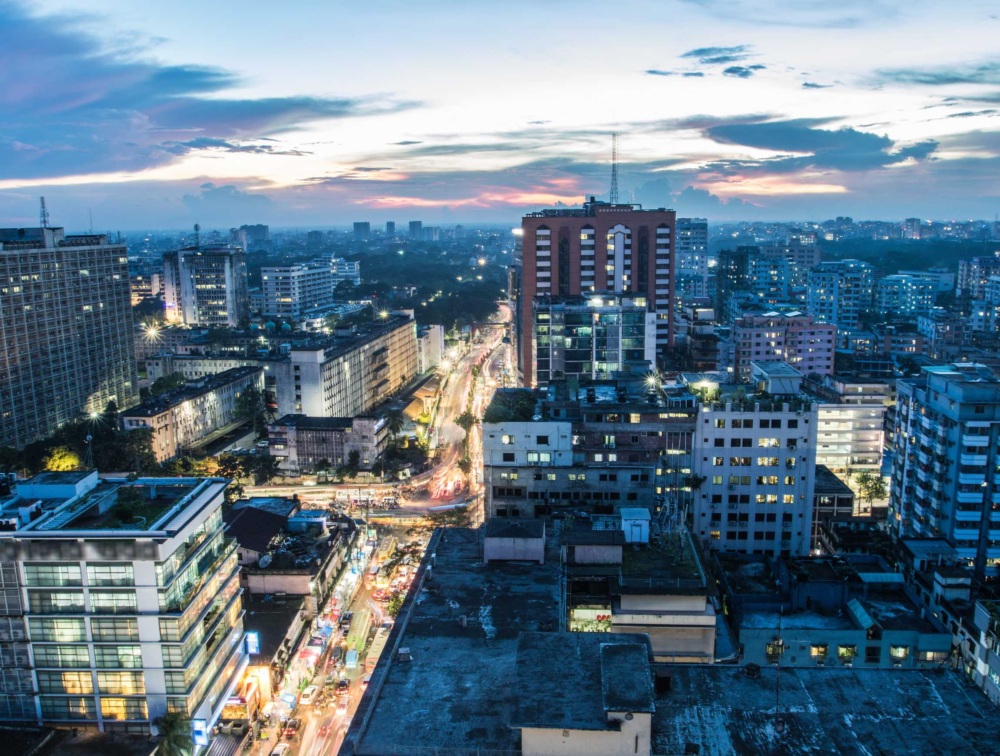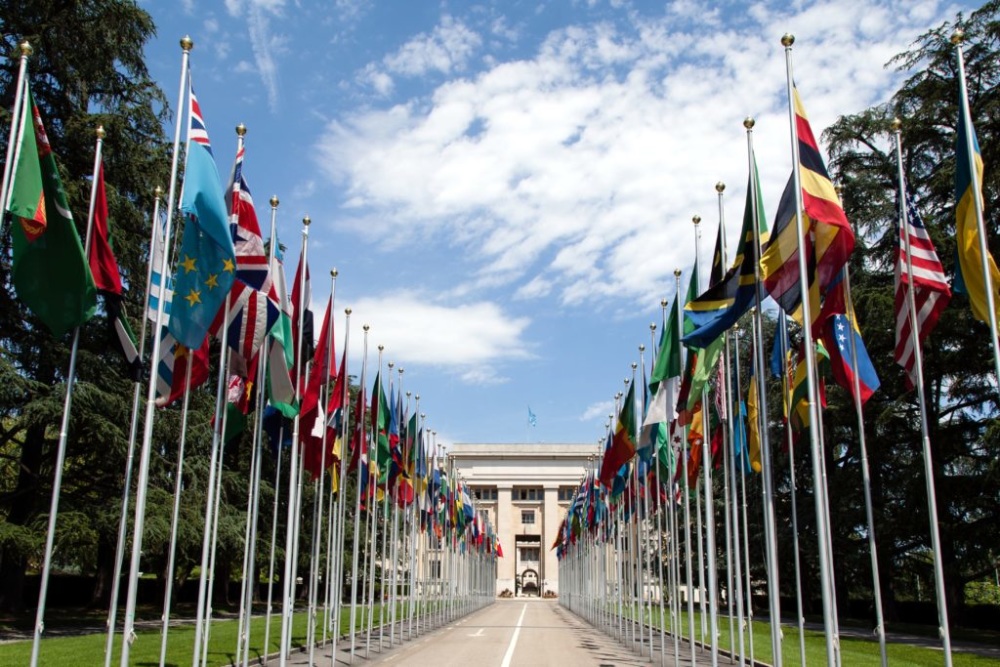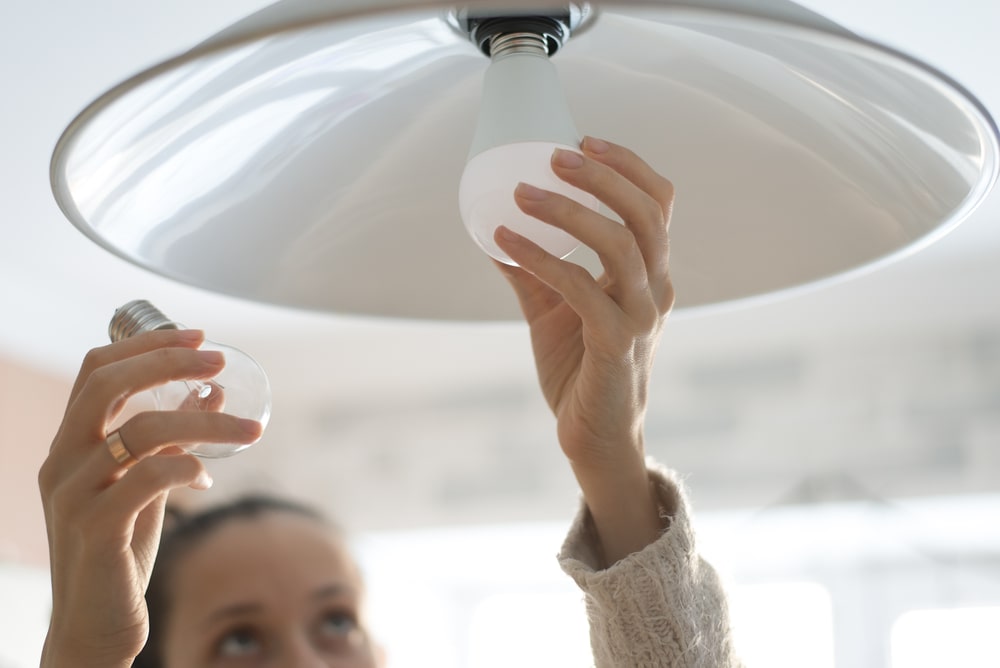Powering Up Pakistan: CLASP’s Two-Year Plan to Tackle Energy Crises & Climate Change
CLASP's next two-year program in Pakistan will tackle the ongoing energy crisis and help adapt to worsening climate conditions.
In just the past year, Pakistan has suffered some of the worst consequences of global warming, from record-breaking heatwaves to historic flooding that killed and displaced thousands of people. 25% of Pakistan’s population lives without access to electricity, a crisis that is further exacerbated by dwindling gas reserves and currency challenges that cause frequent blackouts.1 To increase access to energy-efficient, life-changing appliances that can mitigate the worst impacts of rising temperatures, CLASP is collaborating with the Pakistan government, focusing on the Punjab province that is home to 53% of the country’s population.
Compounding Energy & Climate Crises
The country routinely experiences some of the highest temperatures in the world; the Intergovernmental Panel on Climate Change (IPCC) projects a potential further 5.3°C increase for Pakistan by 2100. In 2022, Pakistan experienced an unprecedented heat wave, with recorded temperatures in some parts of the country as high as 49°C, and extreme heat affecting about a third of the land area. Only months later, extended torrential rains flooded one-third of the country, leaving over 6 million people homeless and devastating rural food production.
The climate emergency is compounded by a concurrent energy crisis: over the last year in particular, Pakistan’s dwindling natural gas supply has led to major increases in energy costs, making it difficult for people to afford critical cooling and other energy needs. Energy access remains out of reach for many — around 20% of Pakistan’s population is not connected to the grid, 45% do not have access to a refrigerator, and only 11% have access to an air conditioner.
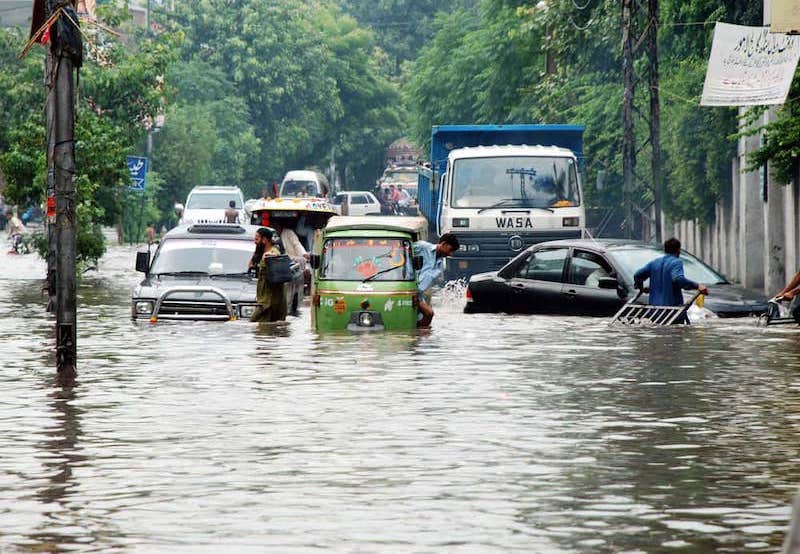
New 2-Year Program: Interventions to Accelerate Efficiency
Since 2016, CLASP has been working with our local partner SAMA^Verte (previously HIMA^Verte) to advance appliance energy efficiency in Pakistan. Our previous work focused on supporting Pakistan’s National Energy Efficiency and Conservation Authority (NEECA) to develop some of the nation’s first energy efficiency policies, centering around performance standards and informative labeling. CLASP and NEECA introduced the first voluntary labeling system for cooling fans and developed minimum energy performance standards (MEPS) and labeling requirements for various refrigerated appliances, electric motors, and domestic water heaters used in both residential and commercial settings. This work set in motion programs that are projected to cut 20 Mt of CO₂ emissions by 2030.
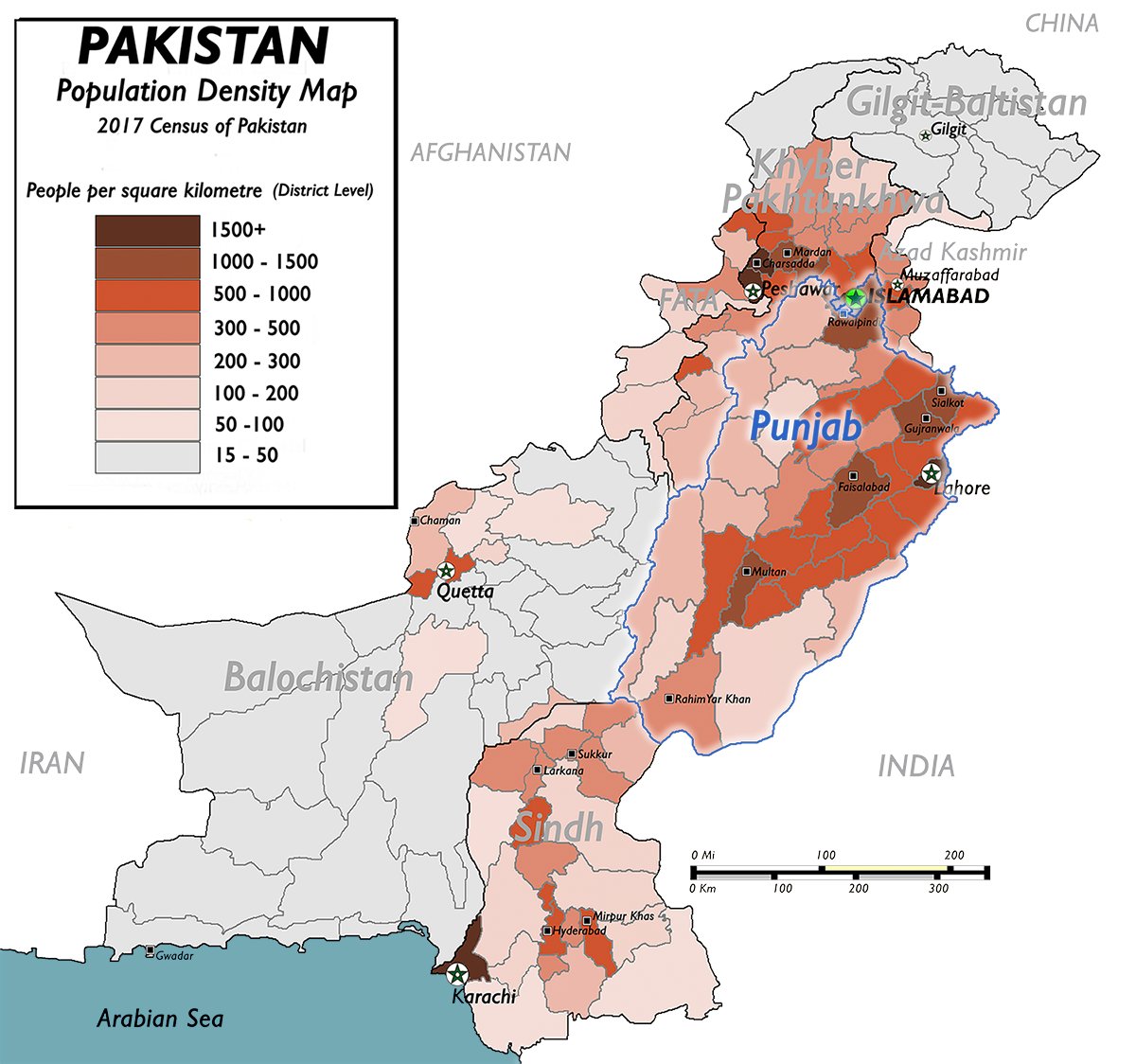
Our goals for the next two years are to deepen collaboration with regional EECAs, with a particular emphasis on the Punjab province (PEECA), and provide support to industry actors. CLASP will support the creation of procurement regulations for energy-efficient appliances and technical assistance on the construction of test labs that can provide accurate and reliable appliance test results. Additionally, in collaboration with the Clean Cooling Collaborative, CLASP is aiding the development of a National Cooling Action Plan with Pakistan’s Ministry of Climate Change. The objective of this plan is to provide viable cooling solutions for both on-grid and off-grid areas through 2030.
A Three-Pronged Approach to Appliance Efficiency in Pakistan
CLASP’s two-year plan will strengthen our existing efficiency work and include new interventions for high-impact appliances. The program includes:
- Rolling out NEECA MEPS and labeling program
Along with CLASP, several stakeholders have supported the development of appliance MEPS, but implementation of these regulations has been hindered by technical and administrative challenges. To accelerate the rollout of MEPS, CLASP is assisting in the development of appliance registration capabilities within NEECA, strengthening manufacturer and independent laboratory capabilities, and facilitating discussions between the government and manufacturers to resolve issues like fee structures and labeling details.
- Improving efficiency of manufacturers in Pakistan
Many suppliers in Pakistan are eager to adopt standards and labels for their appliances, which help differentiate higher efficiency models and open doors to lucrative export markets. However, some domestic manufacturers require technical support to further improve efficiency, particularly with electric motors and water heaters.
“Having identified limitations in current national production approaches, we are leveraging our extensive experience of working with these suppliers and initiating the development of pan-industry and supplier-specific measures to enhance national and individual production capabilities,” states Stuart Jeffcott, CLASP’s Team Leader for the Pakistan program.
- Assisting provincial Energy Efficiency and Conservation Agencies to achieve their goals
Pakistan’s provincial Energy Efficiency and Conservation Agencies (EECAs) are the designated authorities charged with delivering efficiency gains. Since 2017, CLASP has supported EECA in Punjab; our continued collaboration will include comprehensive assistance to further enhance the procurement specifications for appliance efficiency and the corresponding framework to ensure compliance. We also hope to extend our assistance to the recently formed EECA in Sindh.
This is the first of a series of articles looking at CLASP’s two-year program in Pakistan, which seeks to embed energy-efficient appliances as one of the key routes to addressing the country’s energy crisis, and enable affordable adaption to worsening climatic conditions.
0. Pakistan is ranked among the top 9 critical countries with the greatest number of people at high risk from inadequate cooling.



